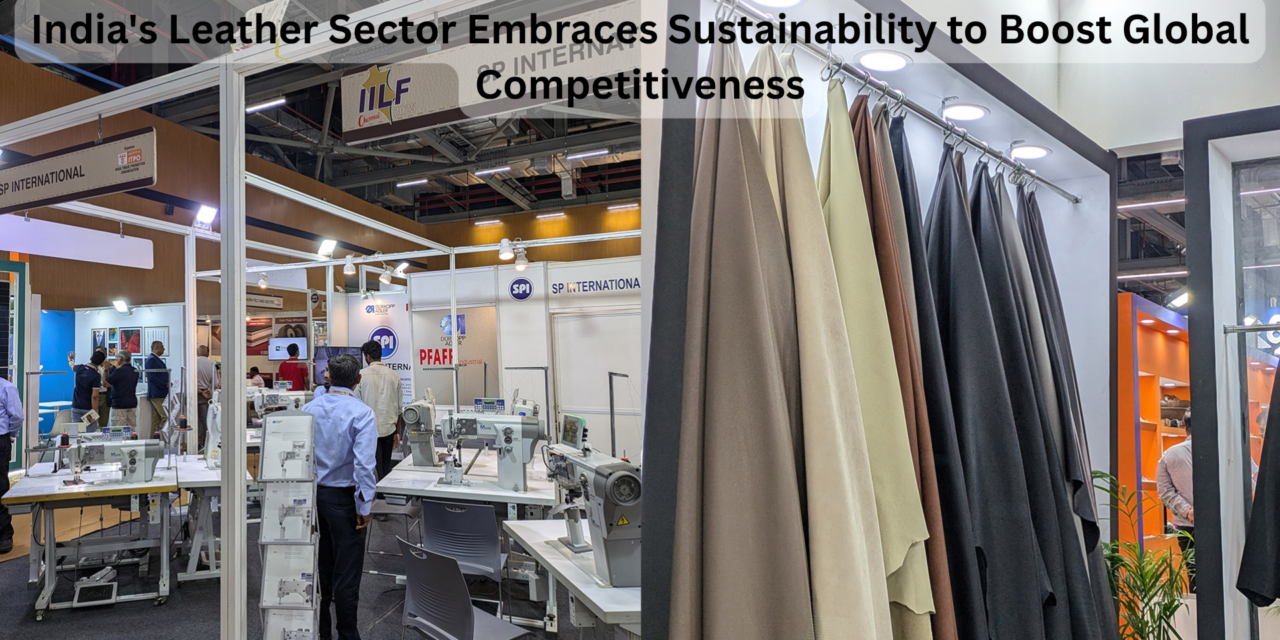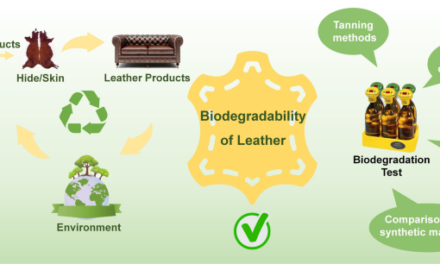India’s leather industry is increasingly focusing on sustainability as a key strategy to enhance its global competitiveness and meet growing demand for eco-friendly products. With global consumers becoming more environmentally conscious, Indian leather manufacturers are adopting sustainable production practices, ranging from eco-friendly tanning methods to the use of plant-based leather alternatives. This shift aligns with India’s broader green growth initiatives and the global push for sustainable fashion.
A significant part of this transformation includes the transition to chrome-free tanning and other non-toxic processes, which are less harmful to the environment and workers. Additionally, India is investing in waste reduction technologies, water conservation, and energy-efficient production techniques, aiming to reduce the industry’s carbon footprint and improve resource efficiency.
The Council for Leather Exports (CLE) has been at the forefront of this initiative, encouraging industry players to implement sustainability certifications and promote ethical sourcing. These measures not only cater to the growing demand for sustainable leather but also position Indian products as a premium, eco-friendly alternative in global markets, particularly in Europe, North America, and Japan, where consumers are willing to pay a premium for environmentally conscious goods.
In addition to adopting greener practices, Indian manufacturers are exploring innovative product designs, such as vegan leather and bio-based alternatives, which are expected to become key drivers of growth in the coming years. This focus on sustainability is positioning India’s leather sector to meet the challenges of a rapidly changing global market, boost exports, and contribute to a more sustainable fashion industry.







